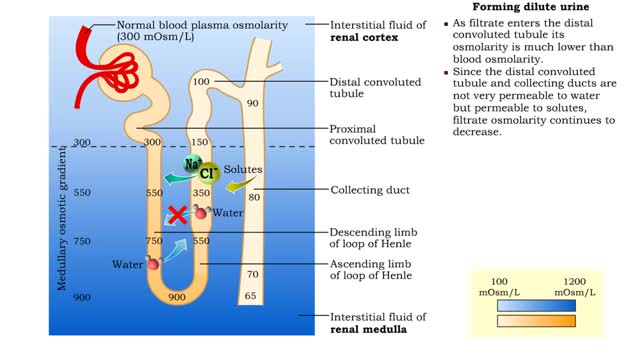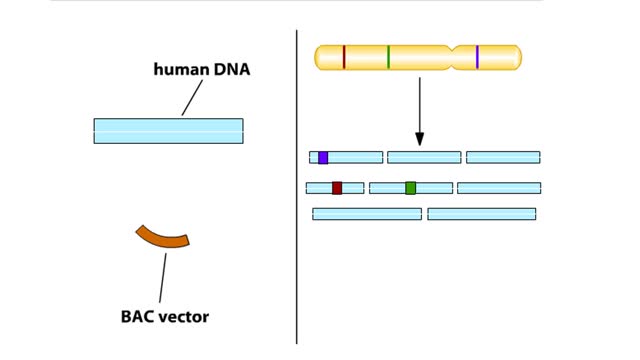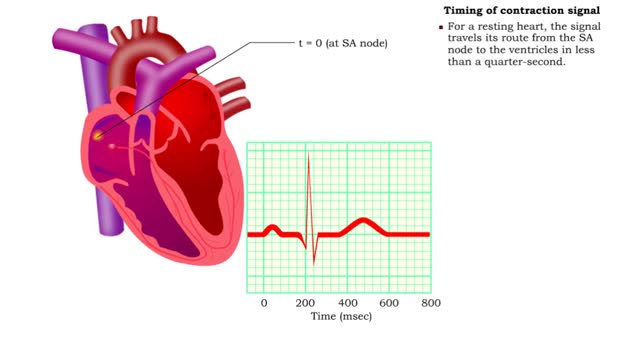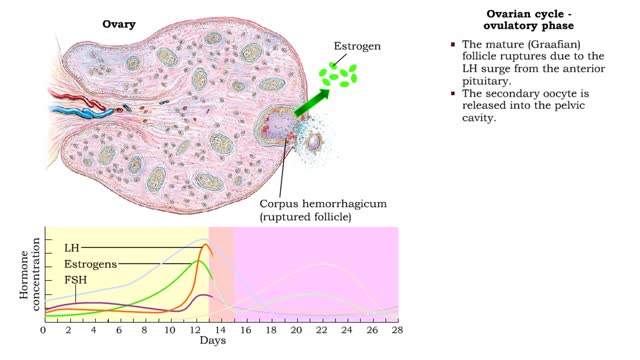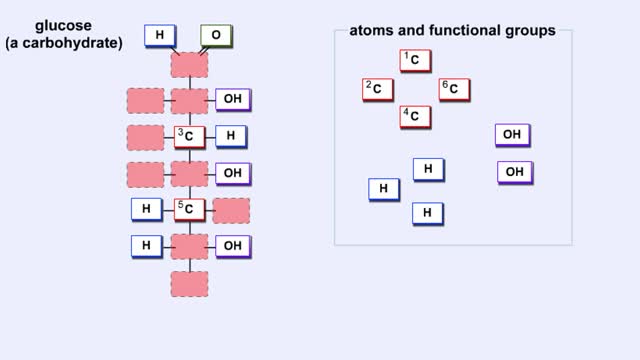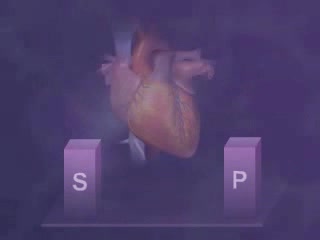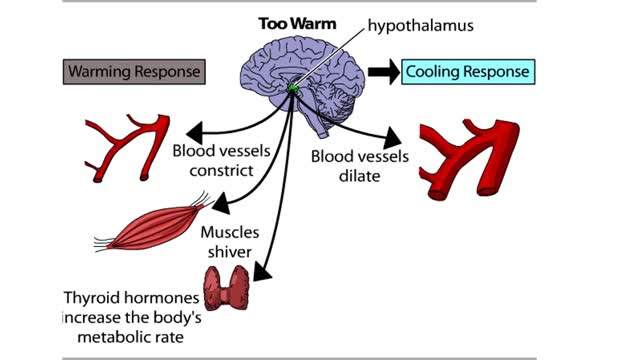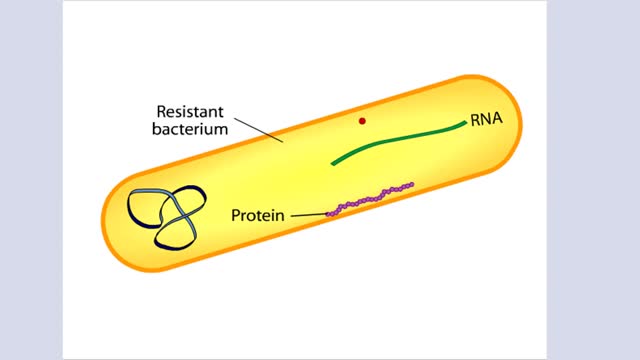Search Results
Results for: 'memory T cells'
Forming urine ( influencing factors), Forming dilute urine & Forming concentrated urine
By: HWC, Views: 12198
• The amount of urine produced by the nephron depends on : • Body fluid volume. • Body fluid composition. • Dilute urine is formed when the body is normally hydrated. • The medullary osmotic gradient determines the osmolarity of the filtrate. • Filtrate osmolarity increase...
Hierarchical Sequencing Method - Sequence Tagged Sites
By: HWC, Views: 11001
In the hierarchical sequencing method, researchers begin by collecting cells. In humans, each cell contains 23 pairs of chromo-somes. Here we specifically track the DNA from just one of the 23 pairs. Chromosomes have a series of unique DNA sequences, called sequence-tagged sites (STSs), that a...
Coaductile pathway, Timing of contraction signal & Conduction system and ECG
By: HWC, Views: 11882
• When the system is healthy, the signal to contract the entire conduction system originates in the SA node - known as the heart's pacemaker. • The SA node triggers contraction because it depolarizes at a faster rate than other parts of the conduction system. • The wave of excitation fr...
By: HWC, Views: 12141
• The ovarian cycle is a monthly sequence of events, consisting of three phases: • Preovulatory • Ovulatory • Post ovulatory Preovulatory phase • prior to ovulation: Primary follicles develop into secondary follicles. • Follicular cells surrounding the primary oocyte In...
What Are Carbohydrates? Importance of Carbs & High Carb Food
By: HWC, Views: 11843
We hear a lot about carbohydrates in the news. Everybody seems to be on a low-carb diet. The news media often has stories on this diet fad, and companies are busy producing products with reduced carbohydrates. What's this fascination with carbohydrates? In a word: "Diet." The fact is that carb...
Autonomic Nervous System Animation
By: Administrator, Views: 15022
Parasympathetic Division Works to conserve energy and innervate the digestive system. When activated, it: stimulates the salivary and digestive glands. decreases the metabolic rate. slows the heart rate. reduces blood pressure. promotes the passage of material through the intestines along...
The Hypothalamus: The Body's Thermostat (Human Thermostat)
By: HWC, Views: 10895
Normal body function requires a relatively constant body temperature, which is regulated by the body's thermostat, a region of the brain called the hypothalamus. The hypothalamus generates a temperature set point for the body and appears to be the major site for the integration of temperature inf...
By: HWC, Views: 11404
The Crisis in Antibiotic Resistance More than 70 years ago, Alexander Fleming discovered penicillin. A few decades later, when this antibiotic was used in World War II, Fleming's discovery had revolutionized medicine. No longer did people have to die from something as trivial as an infected cut.Y...
By: Administrator, Views: 14266
Breast cancer is cancer that develops from breast tissue. Signs of breast cancer may include a lump in the breast, a change in breast shape, dimpling of the skin, fluid coming from the nipple, a newly inverted nipple, or a red or scaly patch of skin. In those with distant spread of the disease, t...
Advertisement



